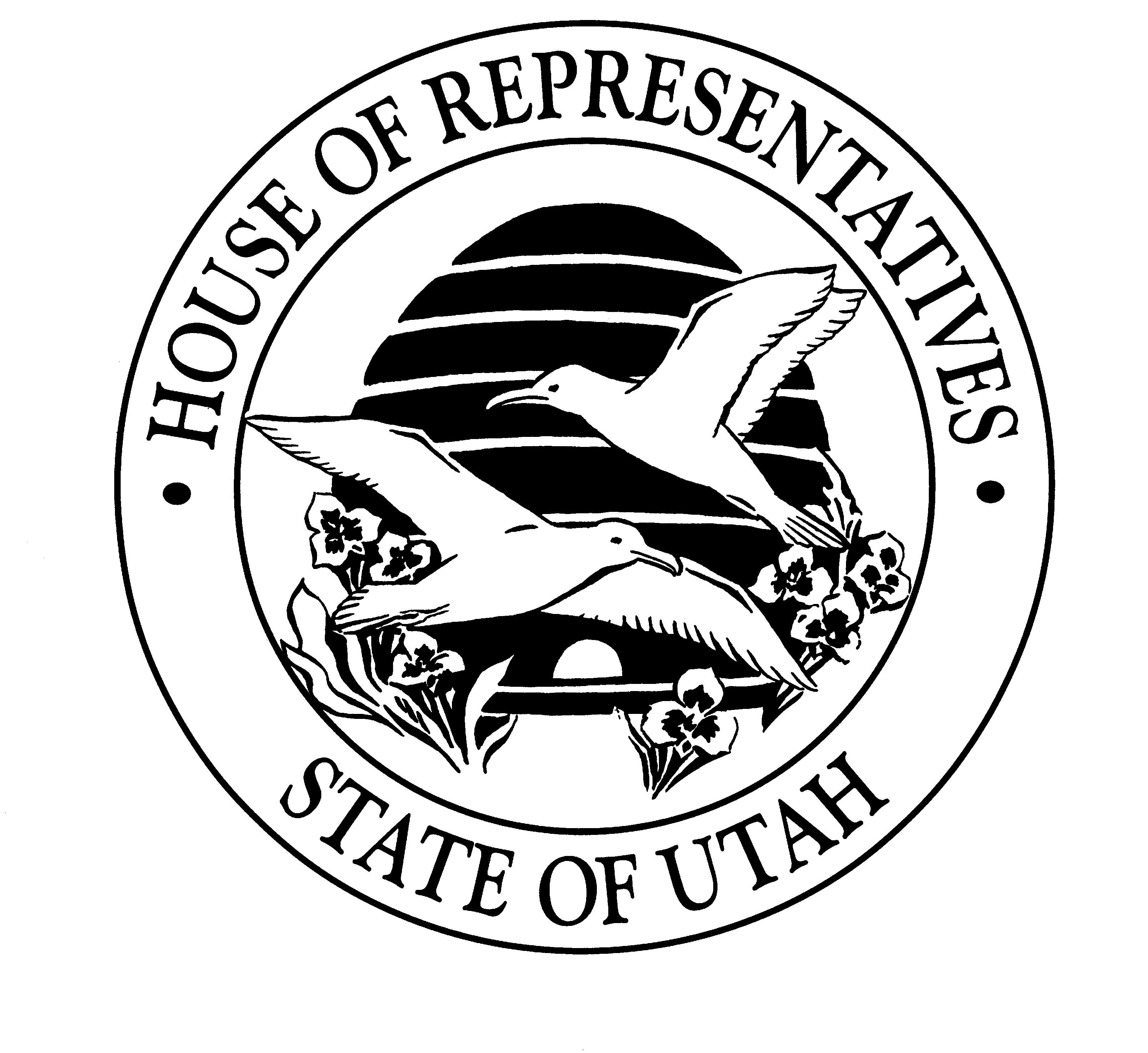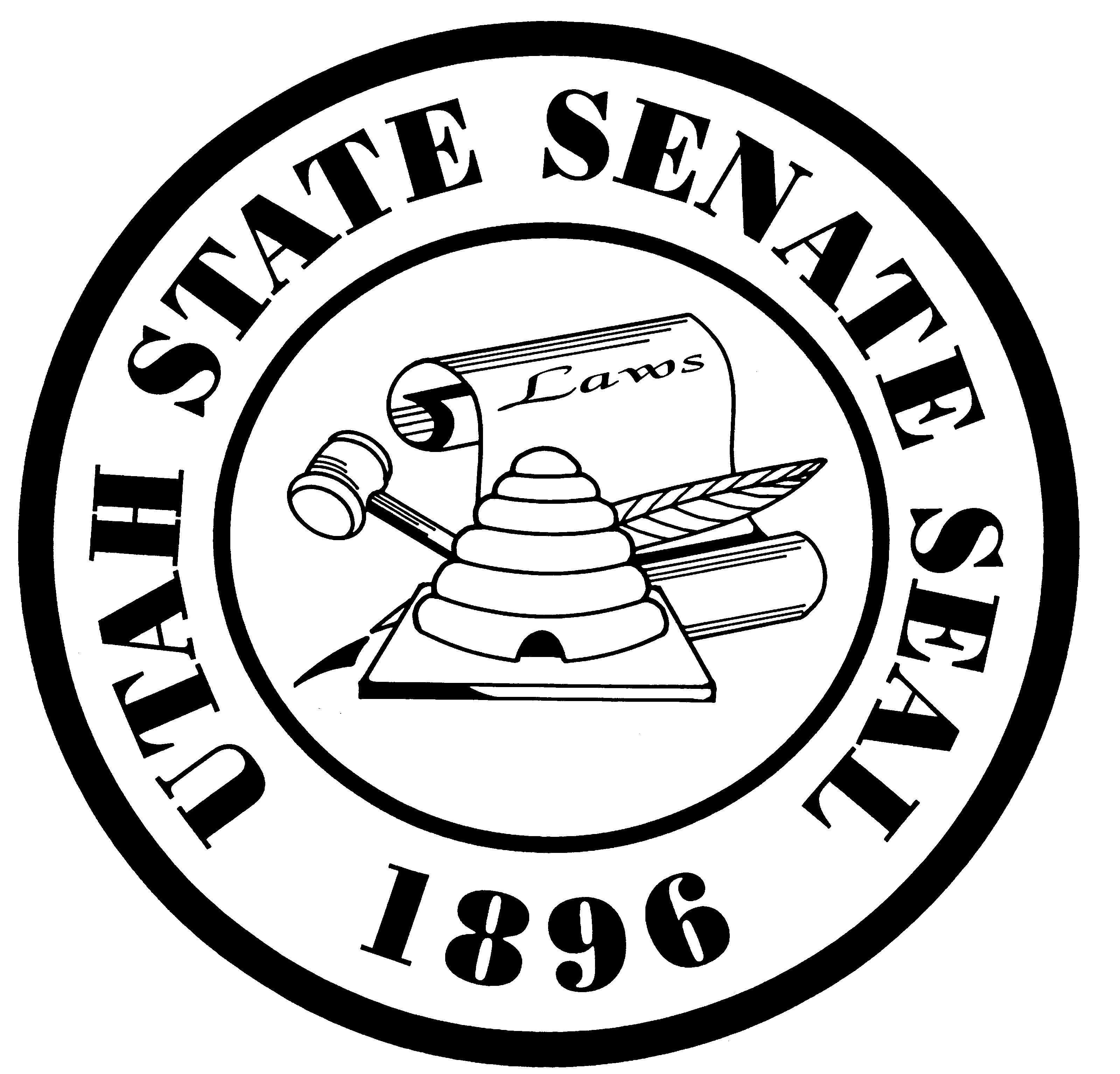 | Fiscal NoteH.B. 111 2024 General Session Employment Training Requirement Limitations by Jimenez, T |  |
| Ongoing | One-time | Total | |
|---|---|---|---|
| Net GF/ITF/USF (rev.-exp.) | $(261,000) | $(59,600) | $(320,600) |
| Revenues | FY 2024 | FY 2025 | FY 2026 |
| Dedicated Credits Revenue | $0 | $230,200 | $160,800 |
| Total Revenues | $0 | $230,200 | $160,800 |
Enactment of this legislation could increase the dedicated revenue credit to the Department of Government Operations by $69,400 one-time in fiscal year 2025 for review and revision of policies, and $160,800 ongoing for a Human Resource Specialist and associated costs.
| Expenditures | FY 2024 | FY 2025 | FY 2026 |
| General Fund | $0 | $258,300 | $258,300 |
| General Fund, One-time | $0 | $58,400 | $0 |
| Income Tax Fund | $0 | $2,700 | $2,700 |
| Income Tax Fund, One-time | $0 | $1,200 | $0 |
| Dedicated Credits Revenue | $0 | $230,200 | $160,800 |
| Restricted Revenue | $0 | $75,400 | $52,700 |
| Total Expenditures | $0 | $626,200 | $474,500 |
Enactment of this legislation could cost the Utah Labor Commission $152,900 ongoing in FY 2025 and $12,900, one-time, in FY 2025, both from the General Fund for 1.5 FTE for an intake officer and investigator positions, with associated supplies and training. It could also cost the Department of Government Operations $160,800 ongoing in FY 2025 in Dedicated Credits. Finally, the bill could cost $69,400 one-time from dedicated credits for labor costs to review and revise documents, trainings, and policies for compliance. DGO costs would be incorporated into ISF rates resulting in the following distribution of ongoing costs to state agencies beginning in FY 2025: General Fund $105,400, Income Tax $2,700, and Restricted Revenue $52,700 and one-time costs distributed as follows: General Fund $45,500, Income Tax Fund $1,200 and Restricted Revenue $22,700.
| FY 2024 | FY 2025 | FY 2026 | |
| Net All Funds (rev-exp) | $0 | $(396,000) | $(313,700) |
As each employer including state, local, and private businesses would be subject to the provisions of this bill, an increase in claims of discrimination could lead to increased costs to local governments should additional discrimination claims be filed.
Enactment of this legislation likely will not result in direct expenditures from tax or fee changes for Utah residents and businesses.